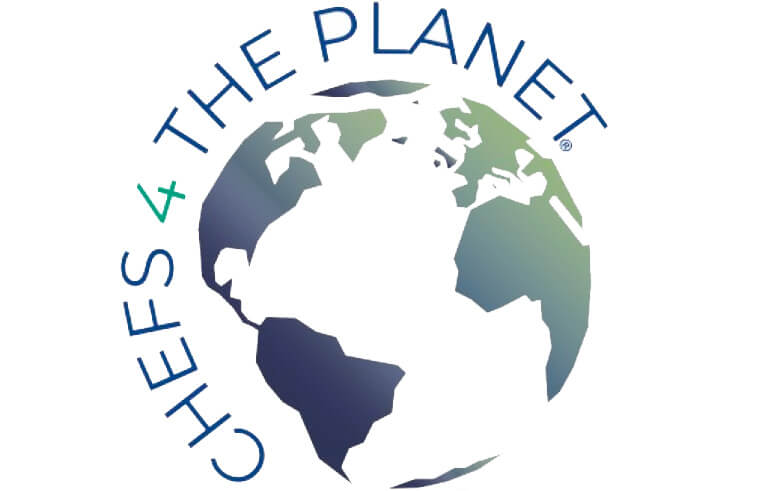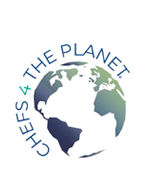Unless you don’t know where your next meal is coming from – which is the case for some 800 million people, a number that could increase during the Covid-19 fallout – you’ve probably not thought this much about food before. Going to the supermarket is an ordeal. Your favourite restaurant is closed. Produce is rotting in the fields while unprecedented lines form at food banks.
But once your local fast food joint reliably has meat for burgers again and you no longer fear contracting a lethal virus when going for groceries, food has every reason to stay on your mind. The pandemic has shown that our food systems are stressed to a breaking point. Fixing them will take long-term and global commitments that require us to completely rethink the way we feed ourselves and the planet.
Food production has skyrocketed in recent decades, at a tremendous cost to Earth’s natural environment and health. Because food production turns forests and wetlands into expanses of extensive and unproductive grazing, it is the single biggest driver of biodiversity loss. Agriculture is responsible for about 30 per cent of greenhouse gas emissions, and sucks up 80% of the fresh water we use. Synthetic fertilizers and agrochemicals pollute the air we breathe, water we drink and soils we farm, threatening both biodiversity and human health.
And for what? The food we produce is killing us. The flip side of the 800 million hungry is the roughly two billion people who are overweight or suffer from diet-related, non-communicable diseases like diabetes and high blood pressure – potentially life-threatening conditions. Today, about 11 million premature deaths per year are related to unhealthy diets.
Our unhealthy diets are tied to the loss of diversity in the food we eat. Between 1961 and 2009, global diets became homogeneous, dominated by staple crops rich in energy but poor in nutrients. Rice, wheat and maize provide more than 50% of the world’s plant-derived calories. Simply put, people are not consuming enough nutrient-rich foods such as fruits, nuts and seeds, vegetables and whole grains.
Read the full article: https://www.independent.co.uk/voices/food-biodiversity-save-coronavirus-agriculture-produce-a9527341.html


